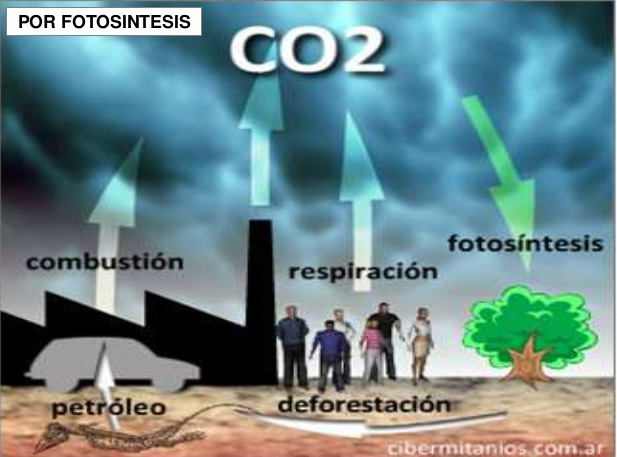
Oil demagogy

The chief executive officers (CEOs) of the world’s largest oil and gas companies-which together provide almost a fifth of all oil and gas production and supply nearly 10 per cent of the world’s energy- declared their collective support for an effective climate change to be reched on the 21st session of the United Nations (UN) Conference of Parties to the UN Framework on Climate Change.
In their milestone declaration, the CEOs of the 10 companies that currently make up the Oil and Gas Climate Chenge Initiative (OGCI)-BG Group, BP, Eni, Pemex, Reliance Industries, Repsol, Saudi Aramco, Shell, Statoil and Total- recognise the general ambition to limit the global average temperature rise to, yet insufficiency, 2 degrees centigrade, and that the axisting trend of the world’s net global greenhouse gas (GHG) emission is not consistent with this ambition.
In their declaration the 10 CEOs said: “Our shared is for a 2ºC future. It is a challenge for the whole of society. We are committed to playing our part. Over the coming years we will collectively strengthen our actions and investments to contribute to reducing the GHG intensity of the global energy mix. Our companies will collaborate in a number of areas, with the aim of going beyond the sum of our individual efforts”.
The OGCI was stablished following discussions during the January 2014 World Economic Forum Anual Meeting and was officially launched at the September 2014 Climate Summit. One hundred million dolars each one. Only Repsol posts newt oncome of 2.121 billion euros in 2017, the biggest in six years.
In 2012, Spain authorized a plan by the Spanish multinational Repsol to drill for oil in waters of the Canary Islands, 54 kilometres away from the costs of Fuerteventura and 62 kilometres away from those of Lanzarote. The exploration of oil offshore occupied Canary Islands violate the International Law of the Sea by Spain which administer 12 miles around each island except La Gomera.
The Canary Islands is a group of seven major islands situated in the Atlantic Ocean just 160 kilometres (around 100 miles) from Morocco and Mauritania in Northwest Africa. Their location makes them a unique ecosistem, with at least 2,000 native animal species, an area frequented by whales and dolphins. Since 2005, they have been part of the United Nations Sensitive Sea Areas, together with 12 more ecosystems including the Galapagos Archipelago, Australia’s Great Barrier Reef, and Hawai’s Papahanamokuakea National Monument.
In June 2014 more than 250,000 people on the Canary Islands came out for a major protest against Repsol’s plans.
The US oil company Kosmos Energy (Kosmos), together with the Scottish company Cairn Energy and the Morocco’s National Energy for Hydrocarbons and Miner (ONHYM) started drilling for oil offshore occupied Western Sahara. It was clearly in violation of International law, according to the UN.
On 26 October 2014 an application was submitted to Mr Ban Ki-Moon, ex-UN Secretary General, by Movimiento por la Unidad del Pueblo Canario, inquiring the Canary Islands colonial status, and another application was submitted too by the same organization to the International Tribunal for the Law of the Sea over the Repsol and Kosmos’s Drilling.
On 18 November 2014 Repsol started drilling for oil in waters of the Canary Islands.
On 17 December 2014, The Kingdom of Spain submitted to the Commission of the limits of the continental shelf, inormation on the limits of the continental shelf beyond 200 nautical miles from the baselines from which the breath is measure in respect of the West area of the Canary Islands.
Repsol abandons oil and gas exploration off Canary Islands on 11 January 2015. Kosmos announced on 2 March 2015 the discovery of a non-commercial oil and gas field, and the well will be plugged and abandoned.
France’s Total is also a partner in the larger Anzarane block of Western Sahara, the website ONHYM shows.
On 20 December 2017 Ente Nazionale Idrocarbury (ENI) signed a Petroleum Agreement with the Moroccan State Company to enter into the Tarfaya Offshore Shallow explorations permits I-XII, located in the waters of the Atlantic Ocean offshore the cities of Sidi Ifni, Tan tan and Tarfaya.
You can sign in the link to protect our sea..[1]
[1] You can sign in the link to protect our sea
Movimiento por la Unidad del Pueblo Canario